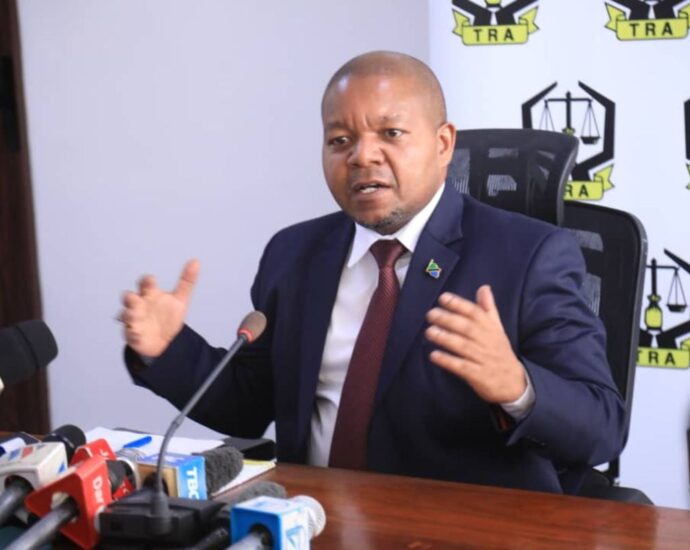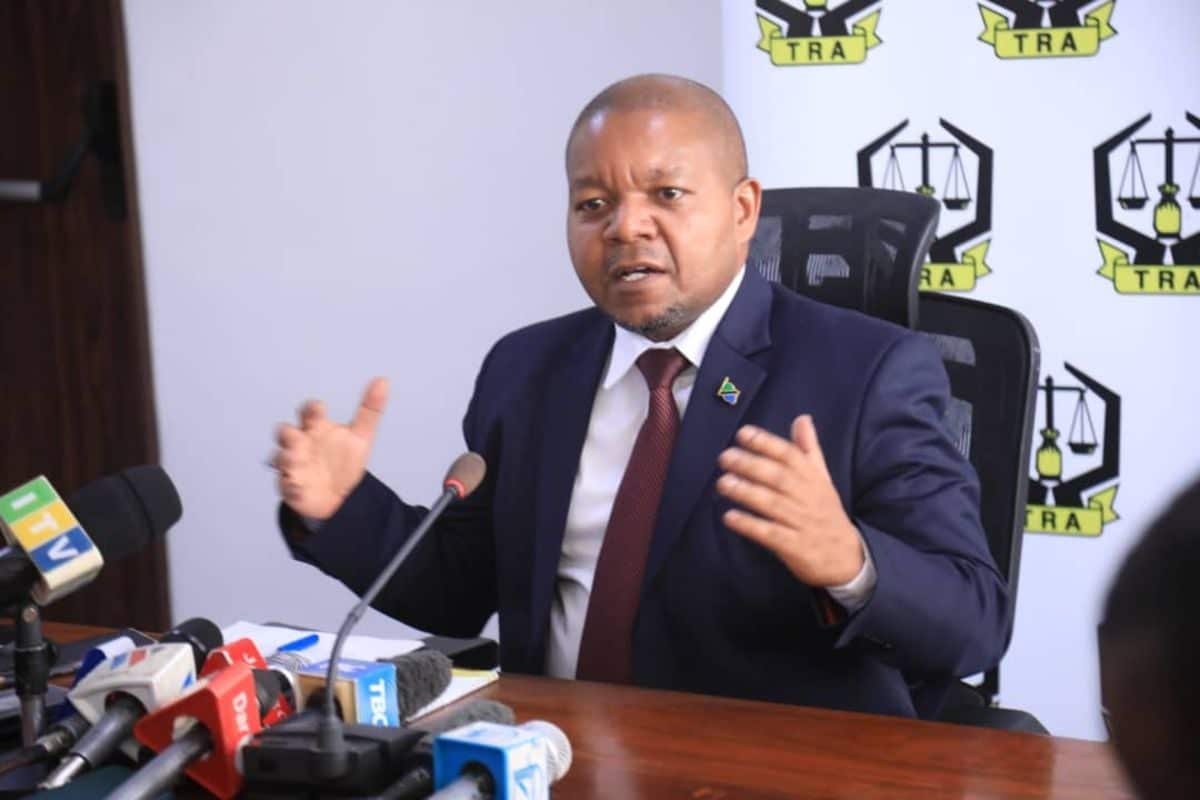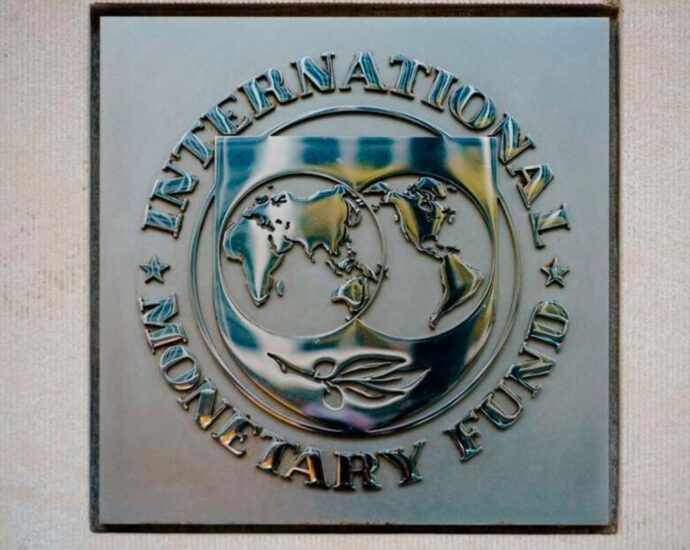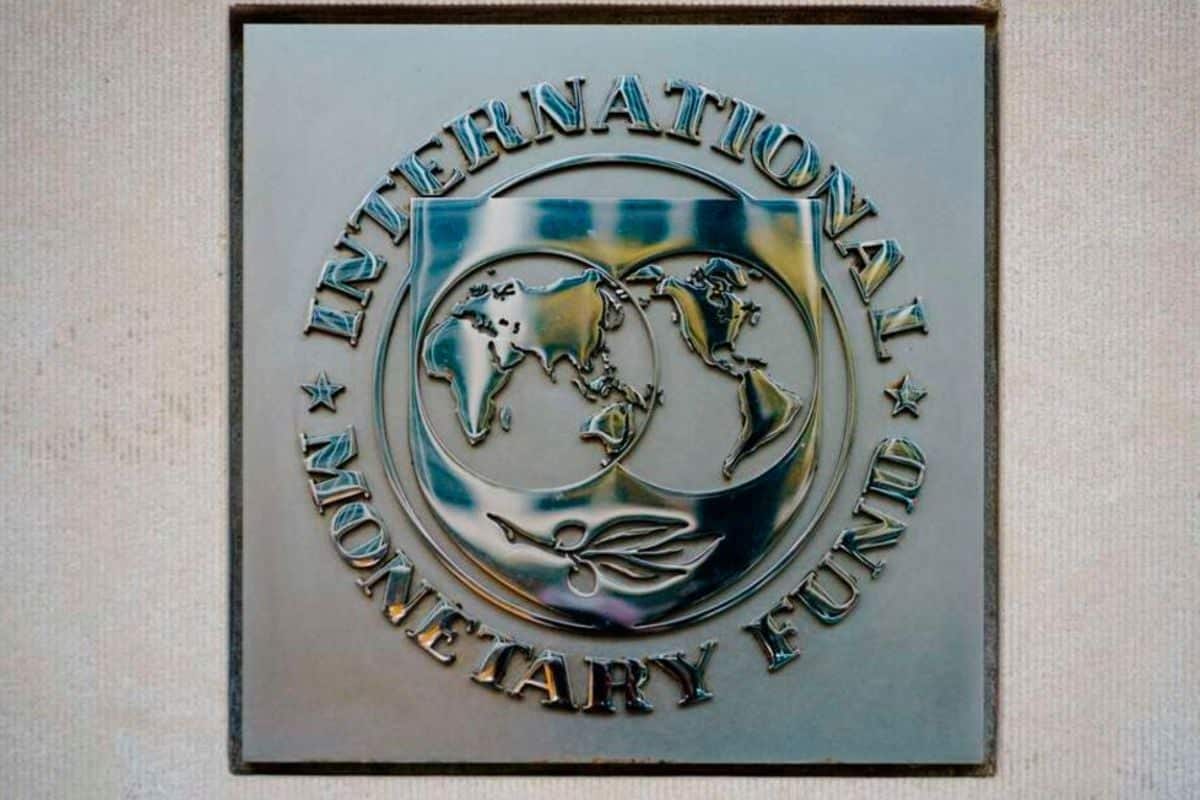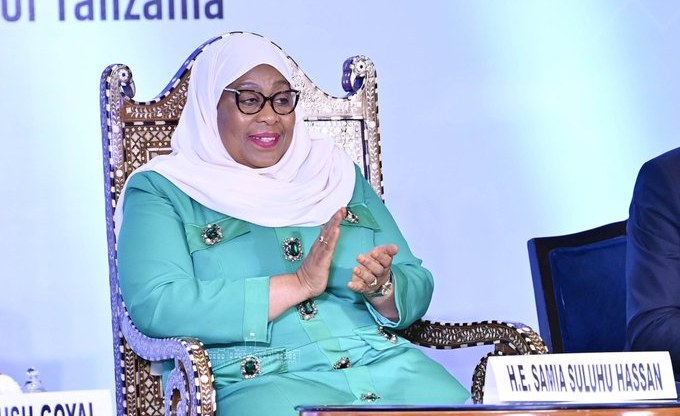Tanzania: BoT – Few Tanzanians Access Banking System

The government, through the Bank of Tanzania (BoT), aims to increase integrated financial services access to 80 per cent of citizens by 2028.
Currently, Tanzania’s banking sector penetration is low, with less than 40 per cent of the adult population holding an account at a bank or financial institution, indicating significant room for expansion.
During the launch of Access Bank Tanzania, BoT Deputy Governor, Ms Sauda Kassim Msemo reported that financial services have reached only 76 per cent of the population, while banking services cover just 22 per cent.
As of January, only 23.3 per cent of people aged 15 and older had an account at a financial institution, the same as the previous year.
The peak penetration rate for bank accounts was recorded at 46.8 per cent in 2021. As of December, 2020, Tanzania had 53 registered and licensed banks and non-bank financial institutions.
Ms Sauda emphasized that financial services inclusion is crucial for sustainable economic growth.
“The government continues to create a conducive investment environment, while the central bank ensures that loans, especially for agriculture, are accessible to stimulate investment and economic growth,” she stated.
She also highlighted that BoT has reduced the conditions for financial service agents to broaden access.
Also read: CRDB embraces AI to enhance customer care
At the launch event, Deputy Minister of Information, Communications, and Information Technology, Eng. Maryprisca Mahundi, noted that the establishment of Access Bank demonstrates a thriving Tanzanian economy.
She urged the bank to ensure its services reach citizens in remote areas.
Access Bank Tanzania CEO, Mr Imani John, shared that the bank was launched following the acquisition of ABC Bank.
“This marks the beginning of our efforts to provide better services and foster economic growth, while also opening opportunities for businesses and citizens,” he stated. He added that the bank plans to expand services into rural areas.
Source: allafrica.com

